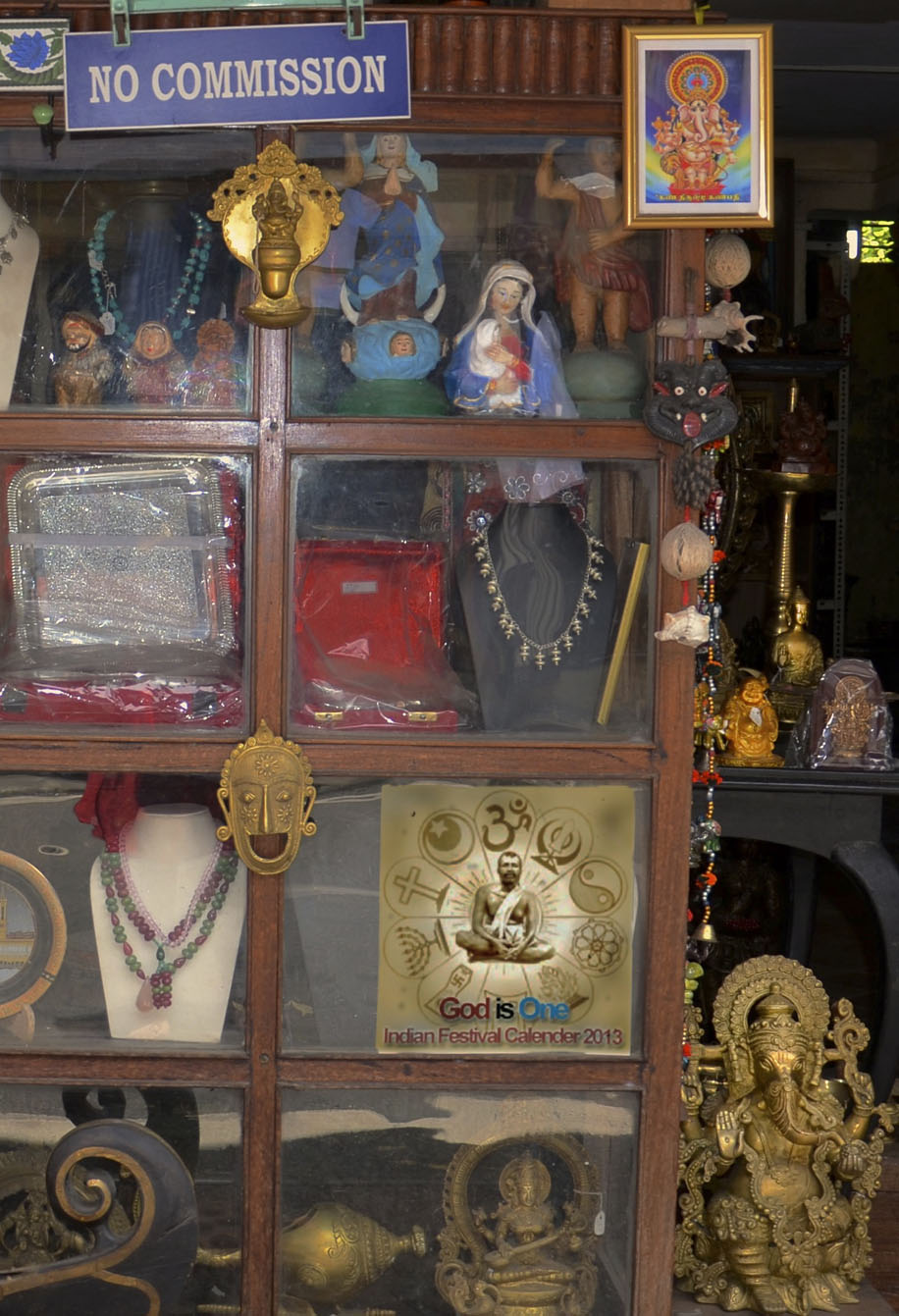Cycle - Vécus de la pluralité religieuse et réflexivité en Asie du Sud |
Sufi Shrines and the Spiritual Economies of Plural Devotion
Anna BIGELOW (Associate Professor, North Carolina State University)
Salle 662, 190 avenue de France 75013 Paris
Les sites du CEIAS
- SAMAJ | The South Asia Multidisciplinary Academic Journal
- CEIAS - Facebook
- CEIAS - Twitter
- CEIAS - Newsletter
- Le Bulletin de la Bibliothèque
- Régionalisme & cosmopolitisme
- DELI | Dictionnaire Encyclopédique des Littératures de l’Inde
- DHARMA | The Domestication of “Hindu” Asceticism and the Religious Making of South and Southeast Asia
- TST | Texts Surrounding Texts
- STARS | Studies in Tamil Studio Archives and Society 1880-1980
- I-SHARE | The Indian Subcontinent’s Shared Sacred Sites
- Sri Lanka et diasporas
- Sindhi Studies Group
- Carnet du Master Études asiatiques
- Master “Asian Studies”
- Social Sciences Winter School in Pondicherry
- Caste, Land and Custom
- Musiques indiennes en terres créoles
 Actualités
Actualités
Devenir juifs : conversions et assertions identitaires en Inde et au Pakistan
 Débat - Mardi 9 mai 2023 - 14:00Présentation« L’an prochain à Jérusalem ! », scande un homme portant une kippa dans une synagogue de Karachi au Pakistan. Ses paroles sont répétées en chœur par les membres de sa communauté, un groupe comptant près de trois cents personnes qui s’autodésignent par (...)(...)
Débat - Mardi 9 mai 2023 - 14:00Présentation« L’an prochain à Jérusalem ! », scande un homme portant une kippa dans une synagogue de Karachi au Pakistan. Ses paroles sont répétées en chœur par les membres de sa communauté, un groupe comptant près de trois cents personnes qui s’autodésignent par (...)(...)
Le Centre d'études sud-asiatiques et himalayennes (Cesah), nouveau laboratoire de recherche (EHESS/CNRS) sur le Campus Condorcet
Échos de la recherche -Depuis le 1er janvier 2023, l'EHESS, en tant que co-tutelle, compte un nouveau centre de recherche né de la fusion du Centre d'études de l'Inde et de l'Asie du Sud (CEIAS - EHESS/CNRS) et du Centre d’études himalayennes (CEH - CNRS) : le Centre d'études sud-asiatiques et h (...)(...)
Centre d'Études de l'Inde et de l'Asie du Sud
UMR8564 - CNRS / EHESS
54 boulevard Raspail
75006 Paris, France
Tél. : +33 (0)1 49 54 83 94
Communication :
nadia.guerguadj[at]ehess.fr
Direction :
dir.ceias[at]ehess.fr
La bibliothèque du CEIAS
Maison de l'Asie
22 avenue du Président Wilson 75016 Paris
54 boulevard Raspail
purushartha[at]ehess.fr


